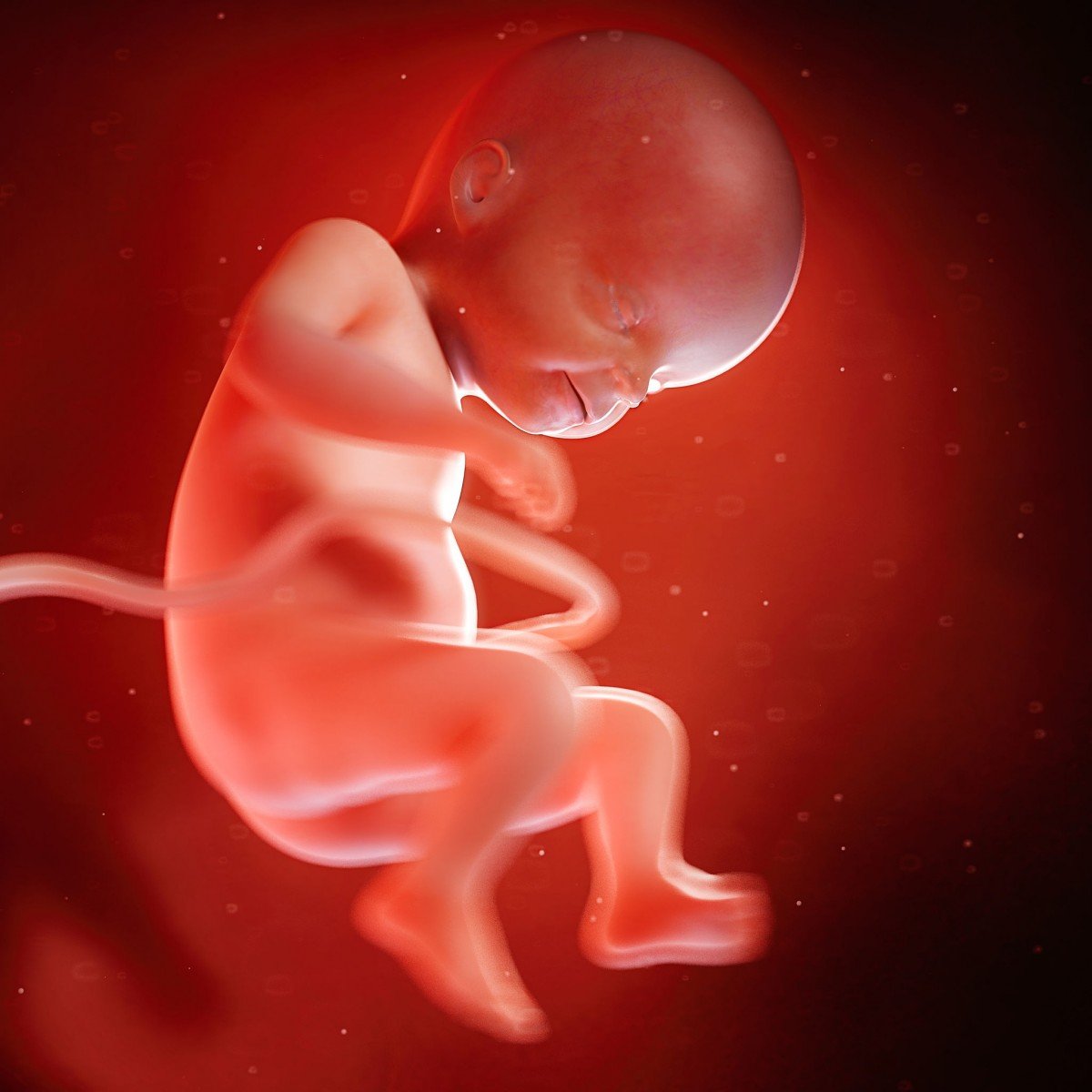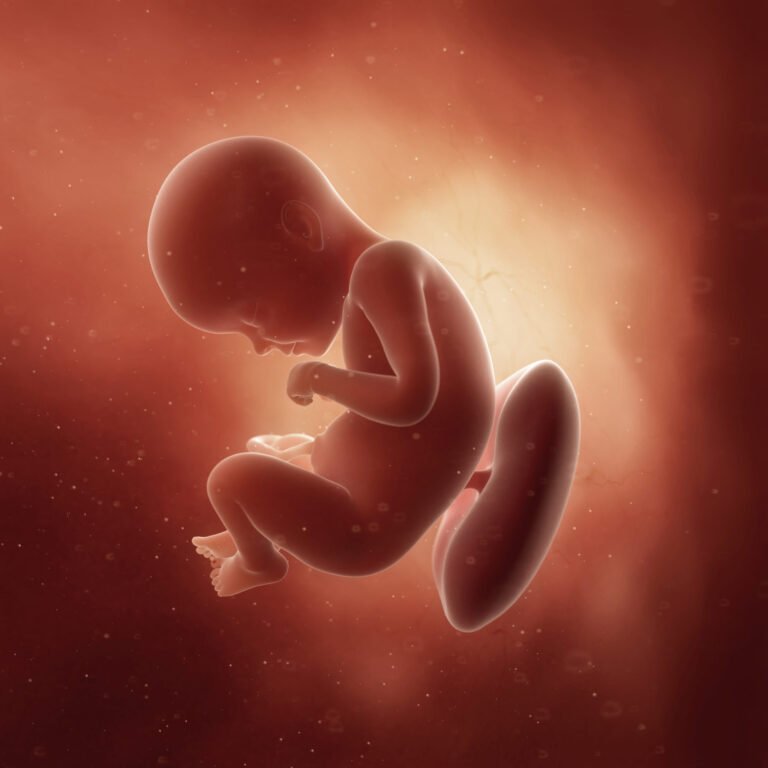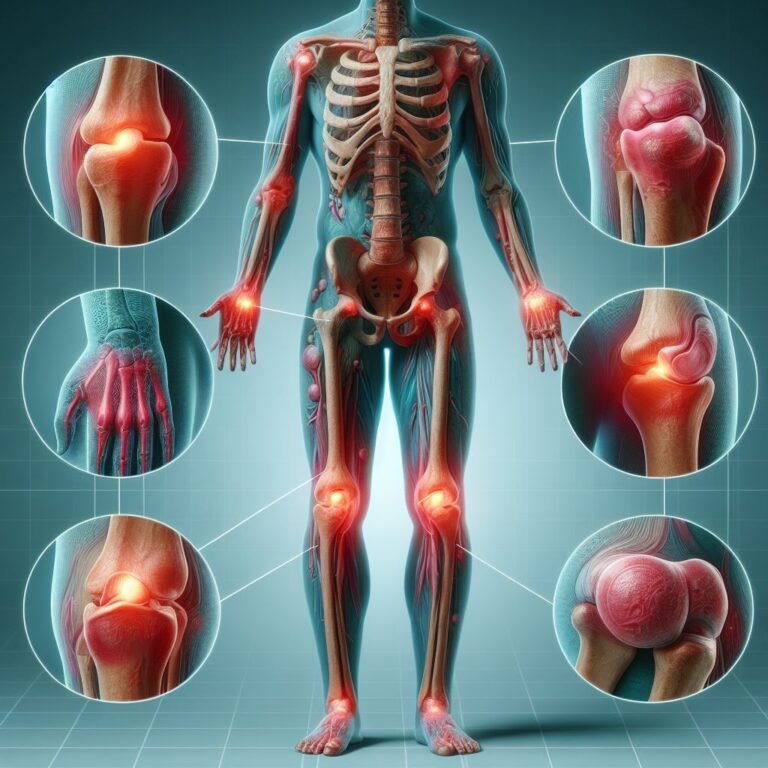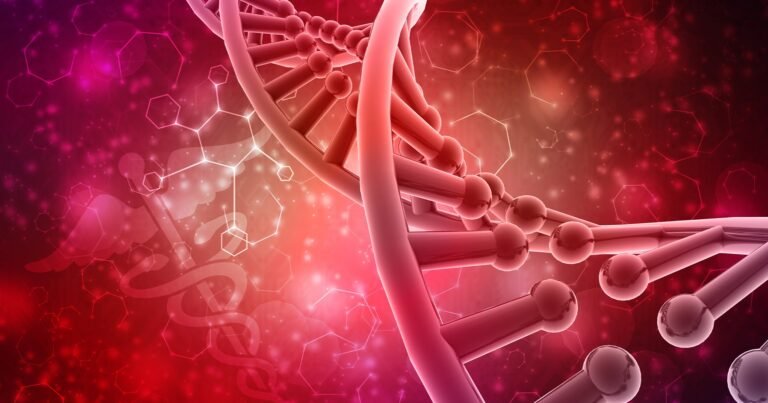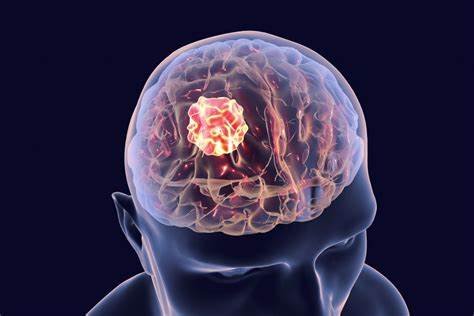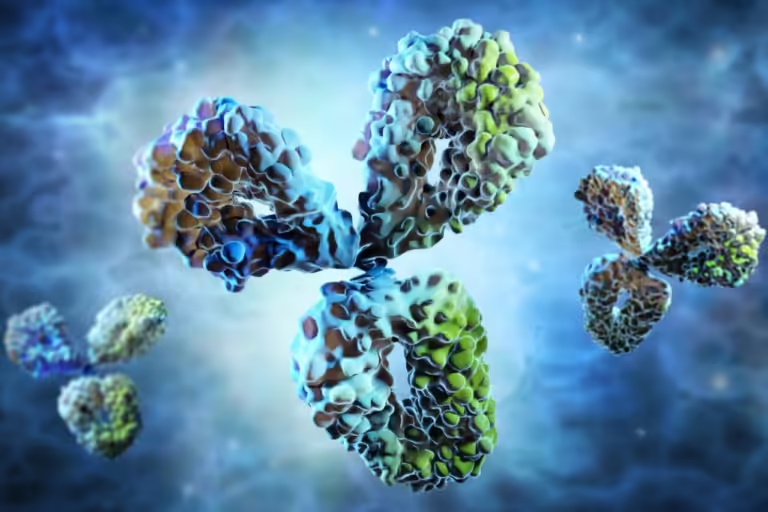The Crucial Role of Hormones in IVF and Fertility Diagnosis
Understanding the role of hormones is essential when starting or growing a family through in vitro fertilization (IVF). Hormones are the body’s chemical messengers, responsible for regulating many physiological processes, and they play a particularly important role in fertility. In IVF, precise hormonal balance and timing can differentiate between success and disappointment.
In this blog, we’ll explore how hormones are involved in both the diagnosis of fertility issues and the IVF process itself.
Hormones in Fertility Diagnosis
The journey often begins with understanding why conception isn’t happening naturally. Hormone testing is one of the first steps in diagnosing fertility problems.
Key hormones evaluated during fertility testing include:
- Follicle-Stimulating Hormone (FSH): Produced by the pituitary gland, FSH stimulates the growth of ovarian follicles. High levels of FSH may indicate a reduced ovarian reserve (the number and quality of remaining eggs).
- Luteinizing Hormone (LH): Also from the pituitary gland, LH helps trigger ovulation. An imbalance in LH can signal conditions like polycystic ovary syndrome (PCOS).
- Estradiol (E2): This form of estrogen is essential for follicle development and uterine lining preparation. Abnormal levels can indicate ovarian function issues.
- Anti-Müllerian Hormone (AMH): Secreted by ovarian follicles, AMH is a strong indicator of a woman’s egg reserve. It’s often used to assess how the ovaries may respond to IVF stimulation.
- Progesterone: This hormone helps prepare the uterine lining for implantation. A low progesterone level may indicate issues with ovulation or luteal phase defects.
- Prolactin and Thyroid Hormones: Both can affect the menstrual cycle and ovulation. Imbalances here are relatively common and treatable.
These hormonal tests provide a roadmap, helping clinicians determine the right course of treatment — whether that’s IVF or another assisted reproductive technique.
Hormones in the IVF Process
Once the diagnosis is clear and IVF is chosen, hormones continue to play a central role. IVF involves carefully timed and controlled hormonal support to mimic — and optimize — the natural reproductive cycle.
Here’s how hormones are used at different stages of IVF:
- Ovarian Stimulation
- Medications containing FSH and LH are administered to stimulate the ovaries to produce multiple eggs, instead of the single egg released in a typical menstrual cycle.
- The goal is to retrieve multiple mature eggs for fertilization.
- Ovulation Trigger
- Once the follicles are ready, a hormone like hCG (human chorionic gonadotropin) or a GnRH agonist is used to trigger ovulation. This ensures that the eggs reach the final stage of maturation before retrieval.
- Egg Retrieval and Fertilization
- Timing is everything here. Hormonal monitoring ensures eggs are retrieved at the right moment to maximize the chance of successful fertilization in the lab.
- Luteal Phase Support
- After embryo transfer, progesterone is often prescribed to help thicken the uterine lining and support early pregnancy until the body produces enough naturally.
- Monitoring Early Pregnancy
- Once pregnancy is confirmed, hormone levels (like hCG and progesterone) continue to be monitored to ensure the pregnancy is developing normally.
Why Hormone Monitoring Matters
The entire IVF process hinges on a delicate hormonal balance. Too much or too little of a hormone at the wrong time can impact egg quality, fertilization success, implantation, or early pregnancy development. Regular blood tests and ultrasounds help fertility specialists adjust medications and optimize outcomes.
Final Thoughts
Hormones are the backbone of both fertility diagnosis and IVF treatment. Understanding their role empowers patients to make informed decisions and helps medical professionals tailor treatment for the best chance of success.
If you’re considering IVF or undergoing fertility testing, don’t hesitate to ask your doctor about your hormone levels — understanding your own body is a powerful step on the path to parenthood.

